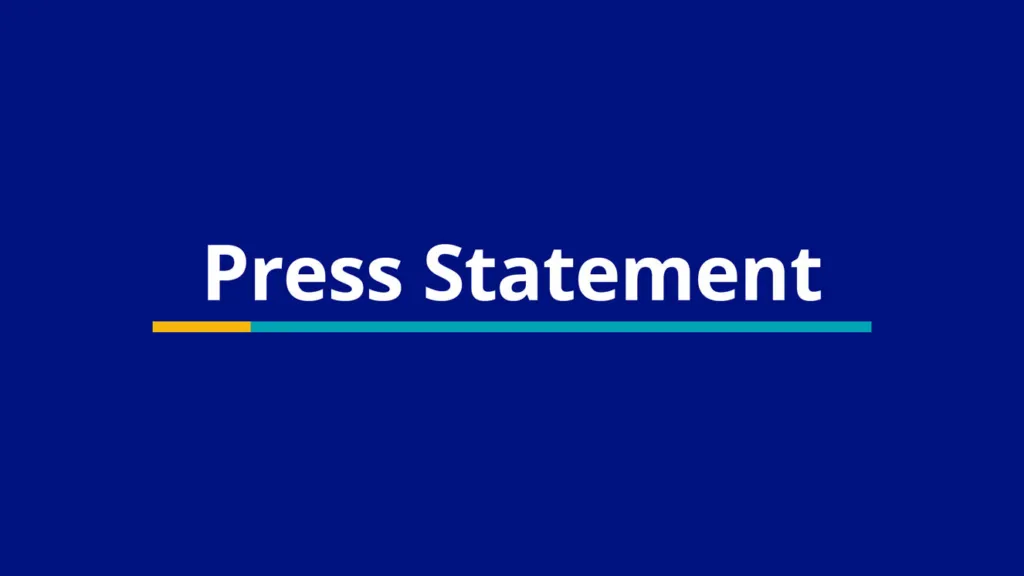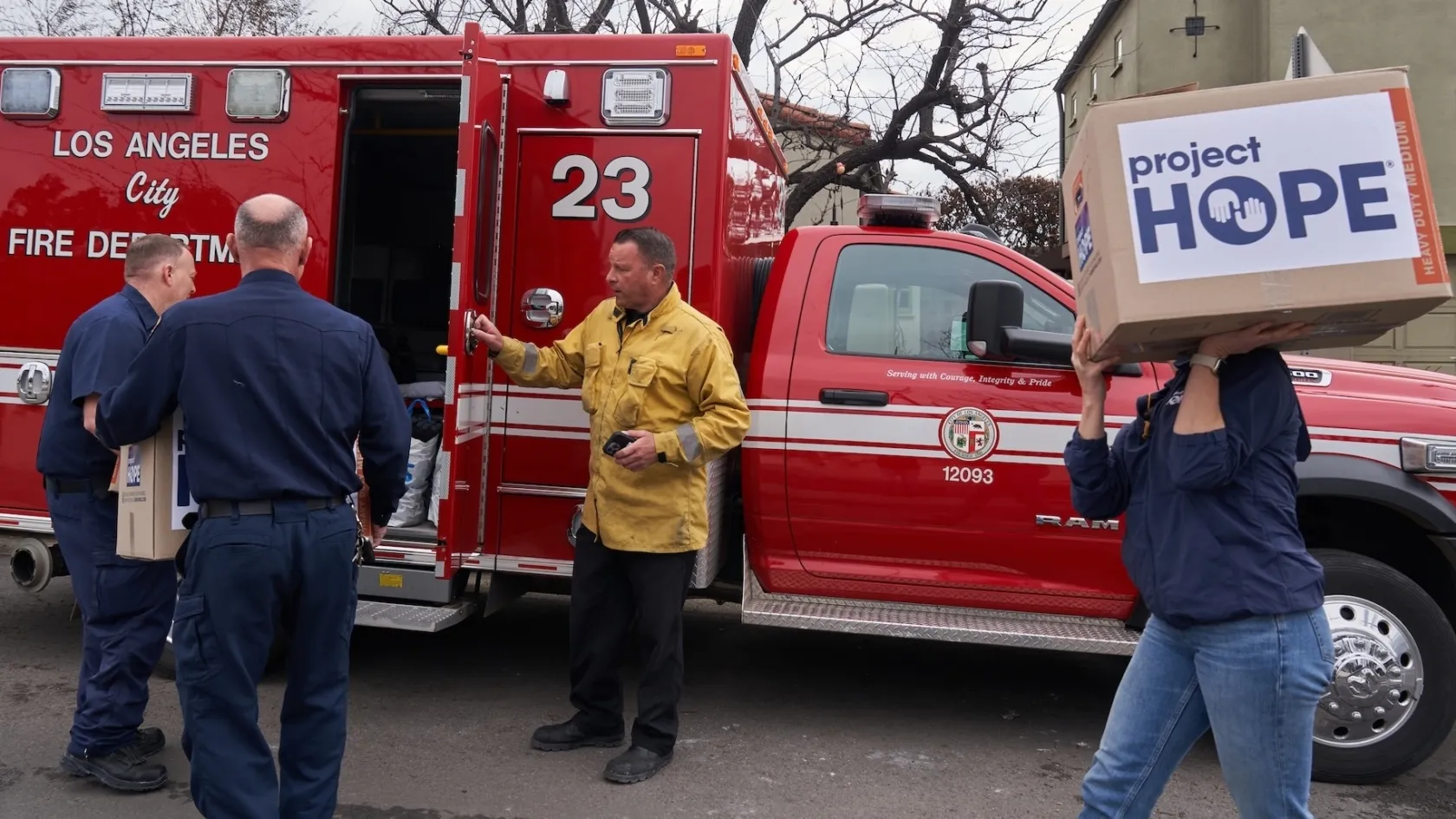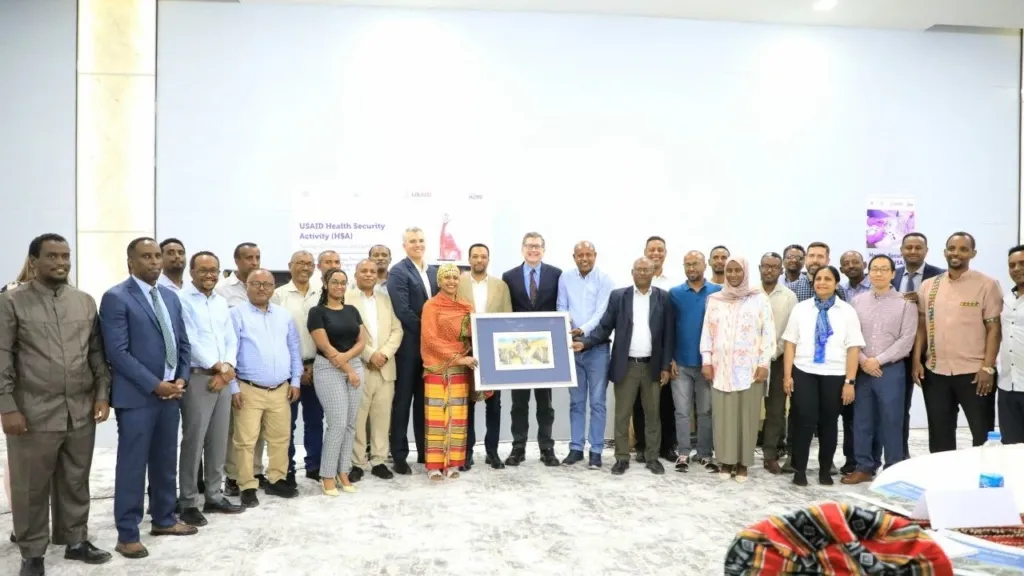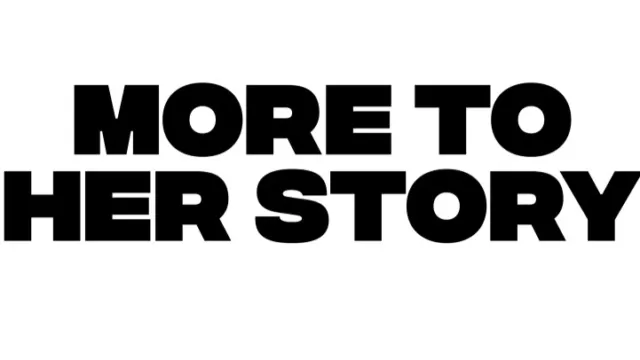Africa’s Lack of Vaccine Is Not the Only Reason for Slow Vaccine Rollout
As Africa records the world’s lowest COVID-19 vaccination rate, the emergence of more contagious variants increases, as well as the risk for the first generation of vaccines to become ineffective. While insufficient COVID-19 vaccine supply across the continent has contributed to a low vaccination rate, Project HOPE found that several factors have contributed to a slow vaccine rollout in Africa.

As Africa records the world’s lowest COVID-19 vaccination rate, the emergence of more contagious variants increases, as well as the risk for the first generation of vaccines to become ineffective. While insufficient COVID-19 vaccine supply across the continent has contributed to a low vaccination rate, Project HOPE found that several factors have contributed to a slow vaccine rollout in Africa.
“There is a combination of challenges attributable to very low vaccine rollouts across Africa,” says Wondwossen Asefa, Deputy Regional Director for Africa at Project HOPE. “We found out that even when some countries received vaccine doses, they were not always able to vaccinate en masse.”
Through its involvement in the region, including COVID and vaccine science trainings for health workers, Project HOPE identified several challenges and gaps contributing to a low vaccination rate in Africa. While insufficient COVID-19 vaccine supplies remain a top issue for African countries, other reported issues include the lack of funds, lack of trained professionals and hesitancy among the population to get the vaccine. In addition, many countries were not able to reach priority groups because they are not equipped with up-to-date registration systems that allow to locate and register these priority individuals. Finally, because of a severe lack of vaccine doses, many countries were using different vaccines, which created challenges such as keeping track of who gets what type of vaccine, differing logistics and storage requirements and training vaccinators to give different vaccines.
“Identifying the challenges that have led to a slow vaccine rollout is only a first step. Countries must now address these challenges to get rapidly more vaccines into people’s arms,” Asefa says. “Every vaccine dose is like liquid gold. No country can afford to waste vaccine doses when variants are spreading, and lives are at stake.”
In order to speed up COVID-19 vaccine rollout, Project HOPE recommends countries to take a three-fold approach: building coordination and leadership capacity at the national and sub-national level, training health care workers and vaccinators on the administration of different vaccines as well as monitoring and managing adverse effects, and developing tactics to improve community awareness on vaccine safety and address hesitancy.
As of June 2nd, 2021, Africa had administered 59% of its vaccine supply, which translates to only 1.86% and 0.51% of the population receiving the 1st and 2nd doses of the COVID-19 vaccine respectively. For Africa, the aim is to vaccinate at least 20% of the population by providing up to 600 million doses by the end of 2021.
Last week, the World Health Organization warned that 47 of Africa’s 54 countries were set to miss the September target of vaccinating 10% of their people unless Africa receives 225 million more doses.
Earlier this year, Project HOPE launched an online training in collaboration with African CDC and Brown University targeting 37 African countries to ensure local vaccinators are prepared and ready to meet the demands of their roles as COVID-19 vaccines become available. Nearly 900 master trainers in the targeted countries were trained in four languages (English, Arabic, French and Portuguese).
About Project HOPE
With the mission to place power in the hands of local health workers to save lives around the world, Project HOPE is a global health and humanitarian organization operating in more than 25 countries. Founded in 1958, we work side-by-side with local health systems to improve health and support community resilience. We work at the epicenter of today’s greatest health challenges, including infectious and chronic diseases; disasters and health crises; maternal, neonatal and child health; pandemic preparedness and response; mental health for health workers; and the policies that impact how health care is delivered. For more information, visit www.ProjectHOPE.org and follow us on Twitter @ProjectHOPEorg.



